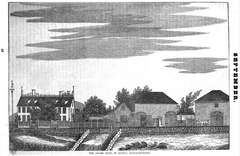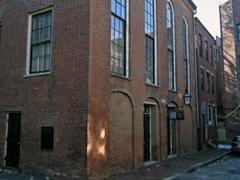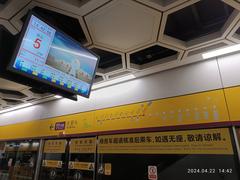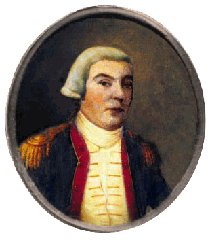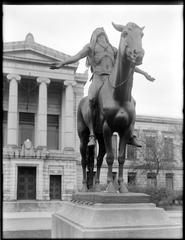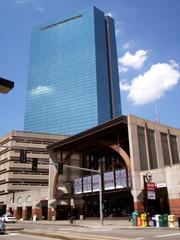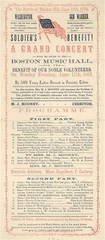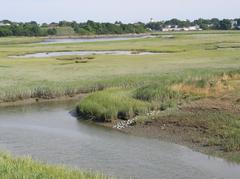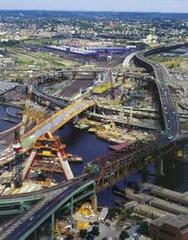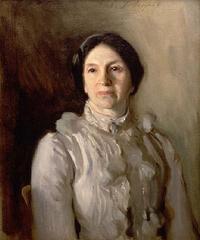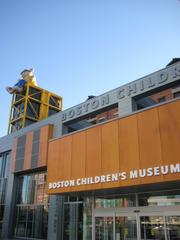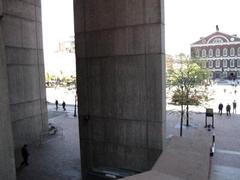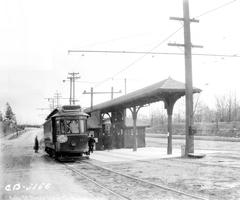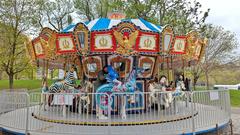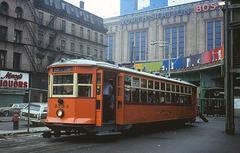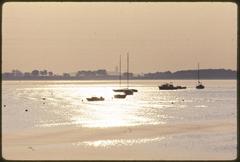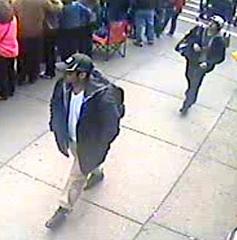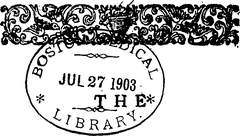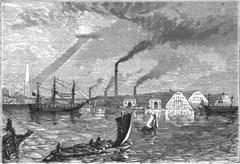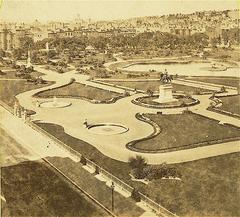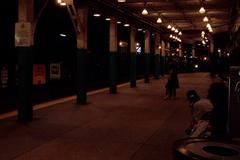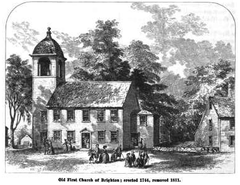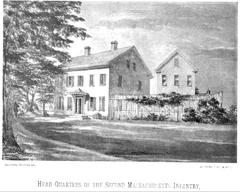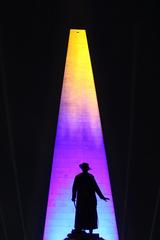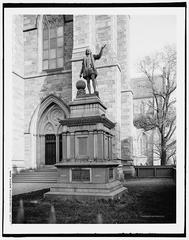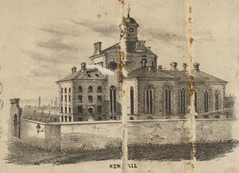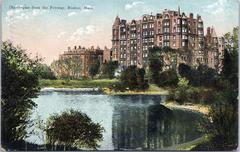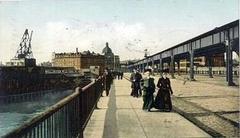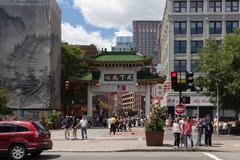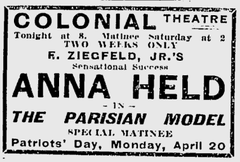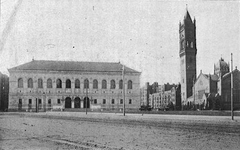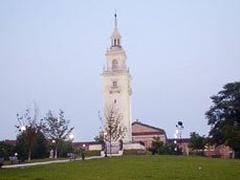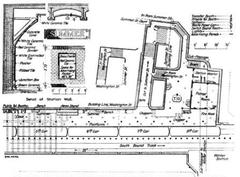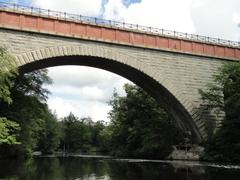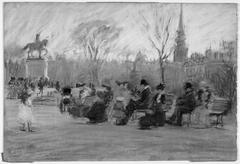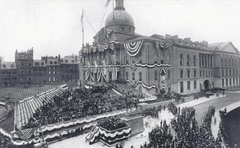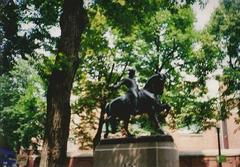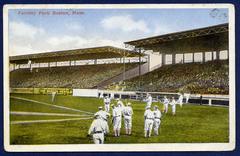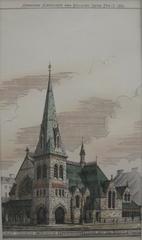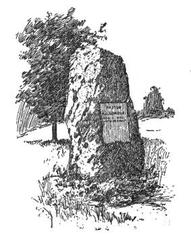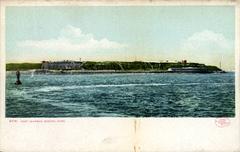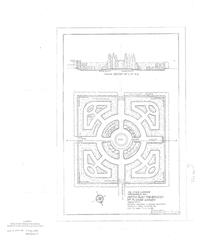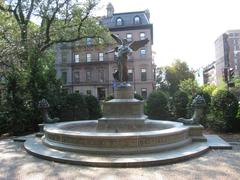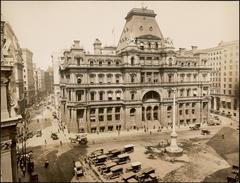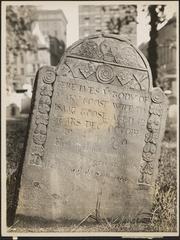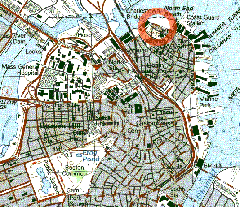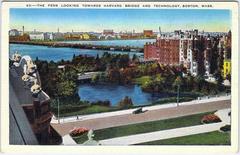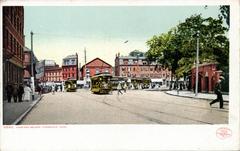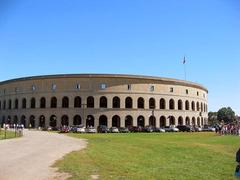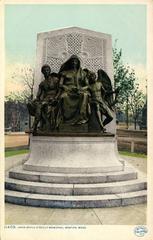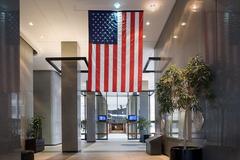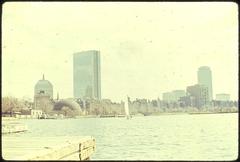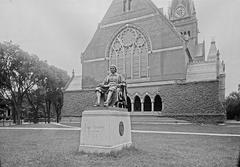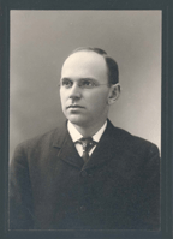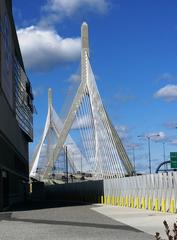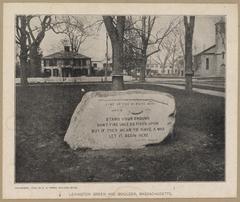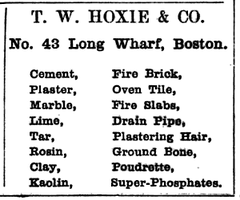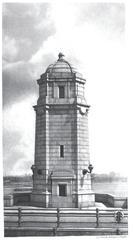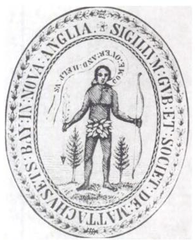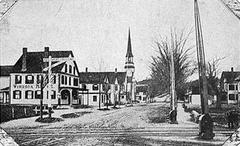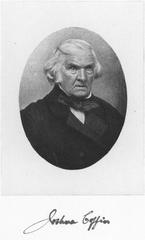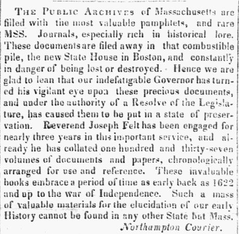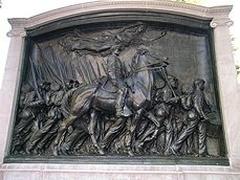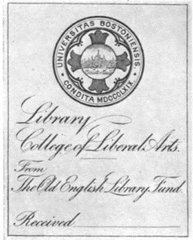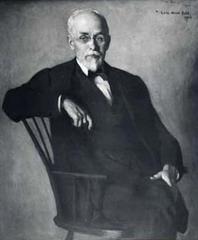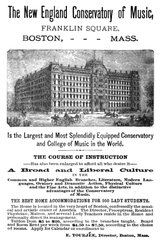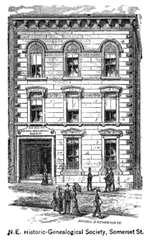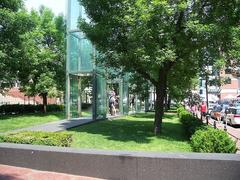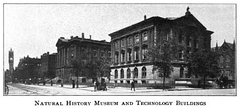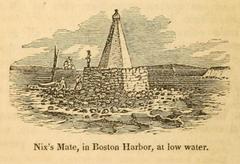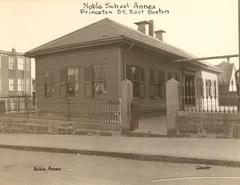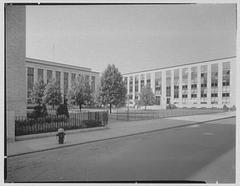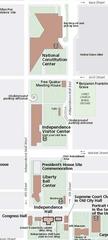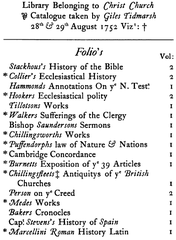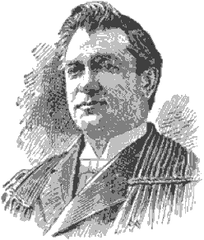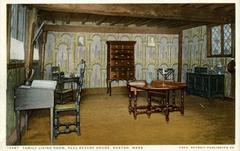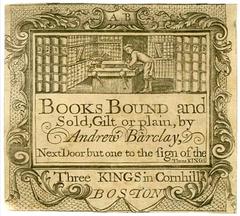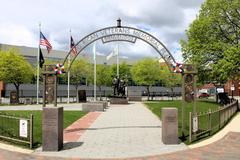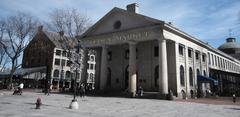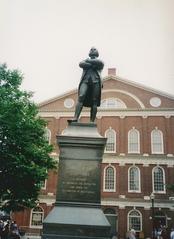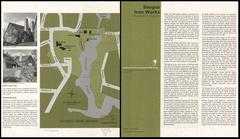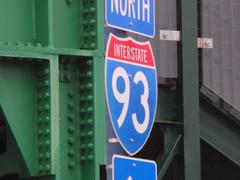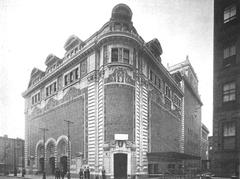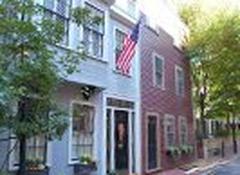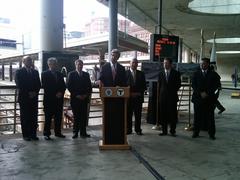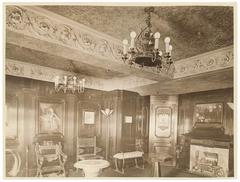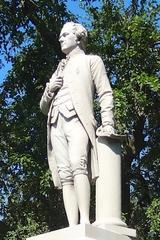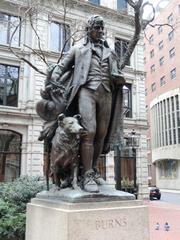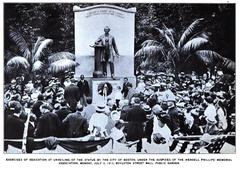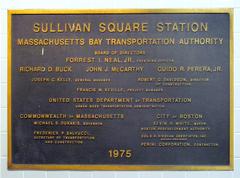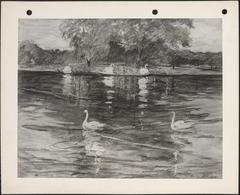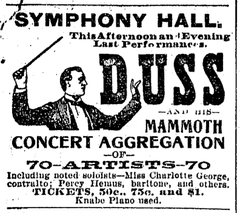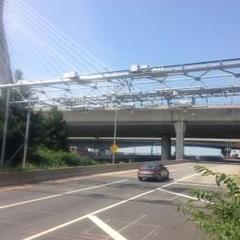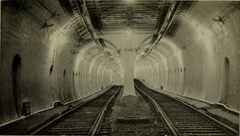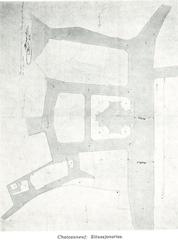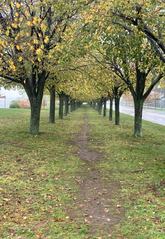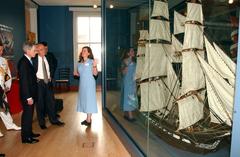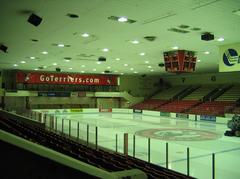
Boston Music Hall Visiting Hours, Tickets, and Historical Significance Guide
Date: 04/07/2025
Introduction: Boston’s Historic Music Halls
Boston’s cultural heritage is deeply reflected in its historic concert venues—each a testament to the city’s evolution as a center for music, arts, and social movements. Among these, the Boston Music Hall, Symphony Hall, Orpheum Theatre, and Wang Theatre stand as architectural and cultural icons. Built in 1852, the Boston Music Hall was the city’s first purpose-built concert venue, pioneering advances in acoustical design and playing host to pivotal events and legendary figures such as Frederick Douglass and Harriet Tubman (Orpheum Theatre Boston Visiting Hours, Tickets & Visitor Guide; Boston Music Hall: History, Visiting Hours, Tickets & What to See).
Symphony Hall, opened in 1900, is renowned for its world-class acoustics and serves as the home of both the Boston Symphony Orchestra and Boston Pops Orchestra (Boston Music Hall (Symphony Hall): Visiting Hours, Tickets, History & Cultural Significance). The Wang Theatre, originally the Boston Music Hall on Tremont Street, has transformed into a premier performing arts venue and houses the Folk Americana Roots Hall of Fame, a living museum dedicated to America’s folk and roots music (Wang Theatre Boston: Visiting Hours, Tickets, and History).
The Orpheum Theatre, which once was the Boston Music Hall, is today a cherished venue for live music, blending historic ambiance with contemporary performances (Orpheum Theatre Boston Visiting Hours, Tickets & Visitor Guide). This comprehensive guide explores the histories, visiting logistics, ticketing, accessibility, nearby attractions, and practical tips to help you enjoy these landmarks—whether you’re a local or a visitor seeking Boston’s rich musical legacy.
Table of Contents
- Origins and Construction of the Boston Music Hall
- Early Years: A Cultural and Social Hub
- Architectural Features and Innovations
- Musical Legacy
- Transformation into the Orpheum Theatre
- Visiting the Boston Music Hall / Orpheum Theatre Today
- What to See and Do
- FAQs
- Notable Events and Figures
- Architectural and Cultural Legacy
- Boston Music Hall (Symphony Hall)
- Wang Theatre Boston
- Orpheum Theatre Boston
- Summary and Recommendations
- Sources and Official Links
Origins and Construction of the Boston Music Hall
The Boston Music Hall—Boston’s first purpose-built concert venue—was established in 1852, funded by a $100,000 donation from the Harvard Musical Association. Designed by architect George Snell with interiors by Alpheus C. Morse, the hall’s downtown location between Winter Street and Bromfield Street offered convenient access. Its dimensions, 130 feet long by 78 feet wide and 65 feet high, were engineered under guidance from acoustics expert John Scott Russell, providing Boston with a hall noted for its remarkable sound qualities.
Early Years: A Cultural and Social Hub
Upon opening on November 20, 1852, with a Handel and Haydn Society concert, the hall rapidly became a focal point for Boston’s musical, intellectual, and civic life. Beyond concerts, it hosted lectures and rallies, serving as a stage for abolitionists and reformers. A landmark event was the December 31, 1862 abolitionist gathering preceding the Emancipation Proclamation, featuring speeches by Frederick Douglass and Harriet Tubman.
Architectural Features and Innovations
The hall’s four-story structure, built on a granite foundation, boasted refined details like a replica of the Vatican’s Apollo Belvedere. In 1862, it installed the Boston Music Hall Organ, the first concert pipe organ in the U.S. and the largest of its era, built by E.F. Walcker and Company, featuring 5,474 pipes and 84 registers.
Musical Legacy
The Boston Music Hall was the original home of the Boston Symphony Orchestra (founded 1881) and the venue for the world premiere of Tchaikovsky’s Piano Concerto No. 1. It also contributed to the establishment of the New England Conservatory of Music and hosted luminaries like Oscar Wilde, solidifying its place in American music and cultural history.
Transformation into the Orpheum Theatre
By 1900, with evolving entertainment trends and urban development, the Boston Symphony Orchestra moved to Symphony Hall. The Music Hall was converted to a vaudeville and movie theater, renamed Orpheum Theatre in 1906. Following a major renovation by Thomas W. Lamb in 1915, it became a grand movie palace and remains in operation today.
Visiting the Boston Music Hall / Orpheum Theatre Today
Visiting Hours: The Orpheum Theatre operates year-round, with doors opening 60–90 minutes before showtime. For up-to-date schedules, consult the official Orpheum Theatre website.
Tickets: Purchase tickets online, via authorized vendors, or at the box office. Prices vary by event.
Accessibility: Wheelchair access and accommodations are available; contact the box office before your visit to arrange specific needs.
Nearby Attractions: Located near Granary Burying Ground, Faneuil Hall, and other historic downtown sights, making it a convenient stop on any Boston itinerary.
Travel Tips: Use public transportation for ease, as parking is limited in downtown Boston.
What to See and Do
- Attend a live show or concert to experience the venue’s renowned acoustics and historic ambiance.
- Take a guided tour (when available) to learn about the venue’s architecture and storied past.
- Explore nearby historic Boston landmarks and vibrant neighborhoods.
Frequently Asked Questions (FAQ)
Q: What are the Boston Music Hall visiting hours?
A: Hours depend on scheduled events; check the Orpheum Theatre schedule.
Q: How can I buy Boston Music Hall tickets?
A: Through the Orpheum Theatre website or at the box office.
Q: Is the venue wheelchair accessible?
A: Yes, with advance arrangements available via the box office.
Q: Are guided tours available?
A: Occasionally; check the official website for current offerings.
Q: What are nearby attractions?
A: Granary Burying Ground, Faneuil Hall, Boston Common, and the Theater District.
Notable Events and Figures
- Handel and Haydn Society: Performed the inaugural concert.
- Abolitionist Rally (1862): Frederick Douglass and Harriet Tubman spoke.
- Boston Symphony Orchestra: Home from 1881.
- Tchaikovsky’s Piano Concerto No. 1: Premiered here.
- Oscar Wilde: Lectured in 1882.
- Orpheum Era: Hosted acts like James Brown, The Police, and U2.
Architectural and Cultural Legacy
The Boston Music Hall’s acoustical innovations and its role as a hub for both the arts and social change set standards for American venues. Its continuing life as the Orpheum Theatre ensures its legacy remains integral to Boston’s cultural fabric.
Visual Gallery

The Boston Music Hall façade facing Winter Street.

The historic Boston Music Hall Organ installed in 1862.
Explore a Virtual Tour of the Orpheum Theatre
Boston Music Hall (Symphony Hall): Visiting Hours, Tickets, History & Cultural Significance
Overview
Symphony Hall, built in 1900 and designed by Charles McKim, is acclaimed for its “shoebox” design and superb acoustics. It serves as home to the Boston Symphony Orchestra and Boston Pops Orchestra, hosting a range of acclaimed artists and fostering Boston’s identity as a music city (facts.net).
Visiting Hours and Tickets
- Hours: Open during concerts and special events; guided tour schedules vary by season (bso.org).
- Tickets: Available online and at the box office. Discounts for students and families often apply.
Guided Tours and Events
Guided tours reveal Symphony Hall’s history, architecture, and the famous Aeolian-Skinner organ. Annual events like the Boston Pops Fireworks Spectacular are major draws (meetboston.com).
Accessibility & Amenities
The venue is fully accessible and centrally located near public transit and parking (bostoninsider.org).
Cultural Significance
Symphony Hall’s design and programming have made it a pillar of Boston’s cultural scene, with collaborations supporting musical education and innovation (wbur.org).
Photographic Spots
Capture the hall’s murals, grand organ, and Back Bay setting.
FAQs
- Hours: Vary by event and tour availability (bso.org).
- Tickets: At bso.org or box office.
- Accessibility: Fully accessible, with assistive listening devices.
- Tours: Offered seasonally; check schedule online.
- Nearby attractions: Boston Common, Freedom Trail, Museum of Fine Arts.
References
- Boston Symphony Hall Facts
- Meet Boston – Culture Enthusiast
- WBUR Boston Arts Guide
- Boston Insider – Best Music Venues
- Boston Pops Fourth of July Event
Wang Theatre Boston: Visiting Hours, Tickets, and History
History and Transformation
The Wang Theatre, originally the Boston Music Hall at 270 Tremont Street, underwent major changes in the 20th century. Renovated in 1925 as the Metropolitan Theatre and later renamed the Wang Theatre in 1983, it is now an architectural and cultural showpiece managed by the Boch Center (Boch Center; Jerry Garcia’s Brokendown Palaces).
Folk Americana Roots Hall of Fame
Opened in 2019, the Folk Americana Roots Hall of Fame (FARHOF) celebrates American music with rotating exhibits, archival displays, and guided tours (Boch Center). Tours cost $25 for adults and $17 for children (Boch Center Tours).
Visiting Hours, Tickets, and Accessibility
- Hours: Open for scheduled shows and tours; box office generally 10:00 AM–6:00 PM, Mon–Sat.
- Tickets: Buy online, by phone, or at the box office. FARHOF tours require advance booking.
- Accessibility: Fully accessible, with elevators, designated seating, and assistive devices.
Nearby Attractions and Transit
Situated in the Theater District near Boston Common, the Freedom Trail, and top dining spots. Convenient to MBTA subway lines and parking garages.
Community Engagement
The Boch Center offers educational programs and collaborates with local organizations to keep the venue accessible and relevant (Boch Center).
Visitor Experience
Enjoy Broadway shows, concerts, and guided tours in a venue lauded for its acoustics and preserved historic details (Broadway Boston).
FAQs
- Hours: Open for events and tours; check website for details.
- Tickets: Online, phone, or box office.
- Accessibility: Fully accessible.
- Guided Tours: Available by booking in advance.
- Nearby attractions: Boston Common, Freedom Trail, Public Garden, dining and hotels.
Orpheum Theatre Boston: Essential Visitor Guide
Location and Getting There
Located at 1 Hamilton Place, the Orpheum Theatre is steps from Boston Common and accessible via Park Street and Downtown Crossing MBTA stations. Parking is limited; public transit or ride-sharing is recommended (Orpheum Theatre).
Visiting Hours and Tickets
Doors open 60–90 minutes before showtime. Tickets are available via Live Nation or the box office. Prices typically range $30–$150.
Venue Layout and Atmosphere
Seating capacity is around 2,700 across orchestra, mezzanine, and balcony. The theater’s horseshoe-shaped auditorium and ornate details offer excellent acoustics and an intimate setting (Wikipedia).
Programming
Features a wide array of performers—from rock legends to classical ensembles. Event calendars are updated on the official website.
Accessibility & Amenities
Wheelchair-accessible seating and restrooms are available. Concessions offer snacks and drinks; outside food is not permitted. Merchandise stands are set up during events.
Safety and Nearby Attractions
Boston is a safe city, and the area around the Orpheum is lively and well-patrolled on show nights (RoadGenius). Nearby attractions include Boston Common, the Freedom Trail, and Faneuil Hall (New England and Beyond).
Visitor Tips
- Arrive 30–45 minutes early.
- Use public transit for convenience.
- Plan dining in advance; local restaurants can fill up quickly.
- Contact the box office for accessibility needs.
- Check weather and bring appropriate attire (Kate’s Crossing Blog).
FAQs
- Hours: Open 60–90 minutes before showtime; box office open during business and event hours.
- Tickets: $30–$150, varying by event.
- Accessibility: Wheelchair seating and restrooms.
- Food/Drink: Outside food not allowed; concessions available.
- Cameras: Professional equipment generally prohibited.
Summary of Key Points and Recommendations
Boston’s historic music venues—Boston Music Hall/Orpheum Theatre, Symphony Hall, and Wang Theatre—offer a journey through the city’s musical evolution and cultural identity. Each venue features accessible facilities, public transit options, and proximity to dining and historic attractions. For a seamless experience, check visiting hours in advance, secure your tickets early, and consult official websites for the latest information.
Engaging with these venues not only celebrates Boston’s musical legacy but also connects you to a vibrant, ongoing cultural scene. For event details and tickets, visit the Orpheum Theatre, Boston Symphony Orchestra, and Boch Center/Wang Theatre. Stay connected via social media and consider downloading the Audiala app for personalized recommendations.
Your visit to Boston’s historic music halls promises entertainment, inspiration, and a deeper appreciation of the city’s enduring commitment to the arts (Boston Music Hall: History, Visiting Hours, Tickets & What to See; Boston Music Hall (Symphony Hall); Wang Theatre Boston; Orpheum Theatre Boston Visiting Hours).
Sources and Official Links
- Boston Music Hall: History, Visiting Hours, Tickets & What to See at This Iconic Boston Historical Site
- Boston Music Hall (Symphony Hall): Visiting Hours, Tickets, History & Cultural Significance
- Wang Theatre Boston: Visiting Hours, Tickets, and History of a Historic Boston Landmark
- Orpheum Theatre Boston Visiting Hours, Tickets & Visitor Guide (Live Nation)
- Orpheum Theatre Boston Wikipedia


















































